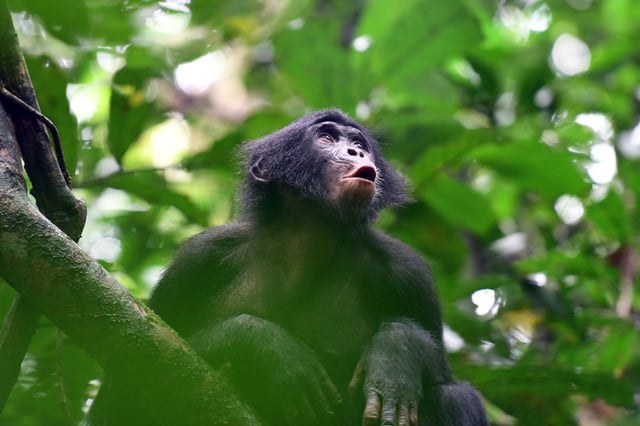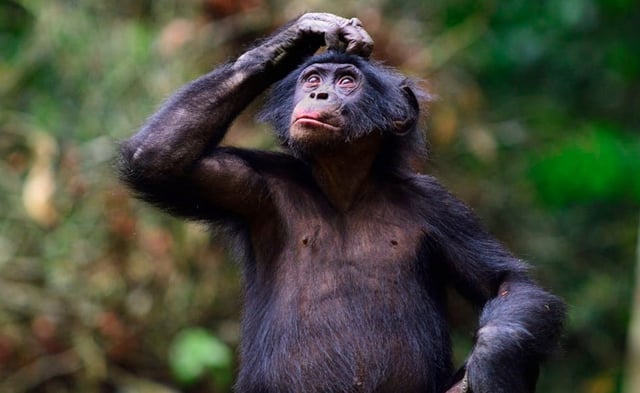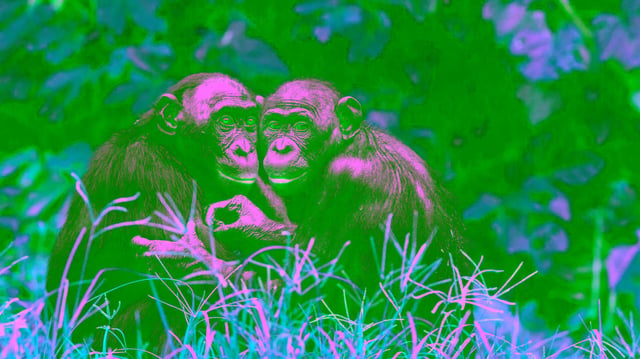Overview
- A groundbreaking study has confirmed that bonobos combine vocalizations in ways that exhibit both trivial and nontrivial compositionality, a key feature of human language.
- Researchers created a 'bonobo dictionary' by analyzing 700 vocalizations and their contextual meanings in the Kokolopori Bonobo Reserve, Democratic Republic of the Congo.
- The findings suggest that the ability to construct complex meanings from vocal units likely existed in the last common ancestor of humans and bonobos over 7 million years ago.
- The study used advanced linguistic techniques, including distributional semantics, to decode bonobo calls and establish a methodological framework for studying animal communication.
- Published in the journal Science, the research challenges the assumption that compositionality is unique to humans and highlights its potential evolutionary origins.



